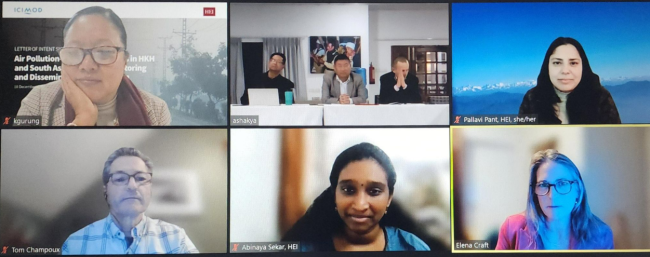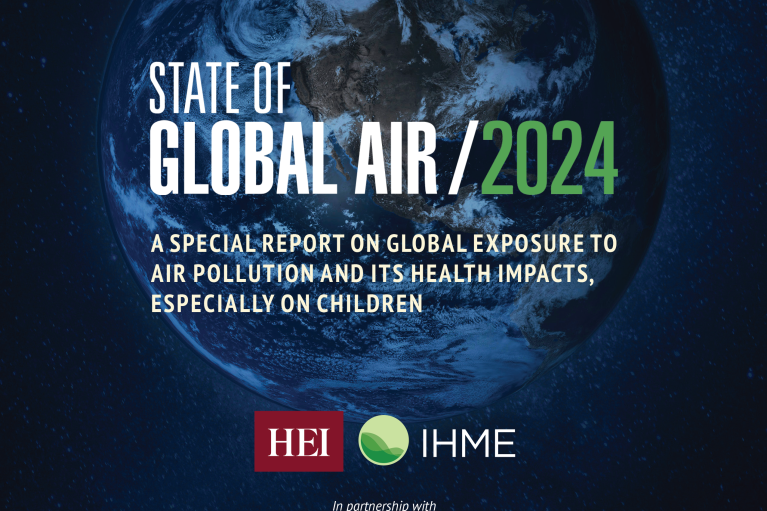
Air pollution is the leading environmental health risk globally, contributing to more than 8 million deaths in 2021. Beyond the large number of deaths, exposure to air pollution affects well-being, livelihoods, and economies across the globe. The challenge is particularly severe in South Asia, where air pollution ranks as the number one risk factor for deaths in most countries. Just a few weeks ago, major cities including Lahore, Pakistan, Delhi, India, and Dhaka, Bangladesh, experienced high levels of air pollution, with impacts on visibility, daily life, economy, and public health.
The Health Effects Institute and ICIMOD have recently signed a letter of intent to collaborate on the topic of health effects of air pollution in the Hindu Kush Himalaya (HKH) and South Asia. HEI looks forward to a fruitful and engaging partnership with ICIMOD to build and disseminate knowledge that can drive policy action now and in the coming years.
HEI has a long history of engagement in South Asia starting with funding for time-series studies on air pollution’s health effects in India in the early 2000s. Since then, our work has expanded to include strengthening research capacity and scientific infrastructure, building networks, supporting research, and translating science to inform policies and other decisions. We believe that action on clean air is accelerated through sustained, long-term investments in targeted, locally relevant science and strategic communications, and we are privileged to work with leading scientists and practitioners in the region.
Moving forward, we are committed to working with ICIMOD to produce better data and actionable science, enhancing research capacity, and ensuring that scientific evidence informs policy throughout the region. In partnership with ICIMOD, we can support advancement of relevant air quality solutions that save lives and contribute to our goal of better health for all.


